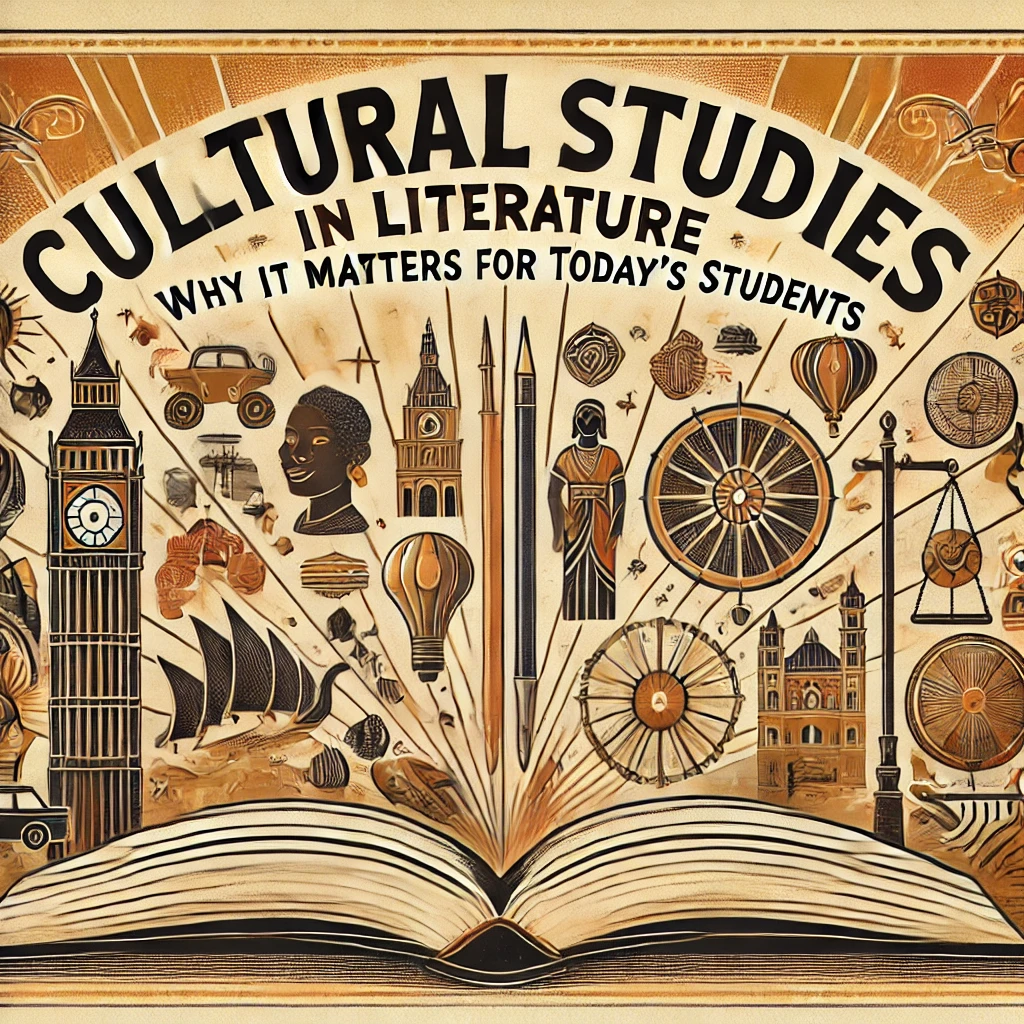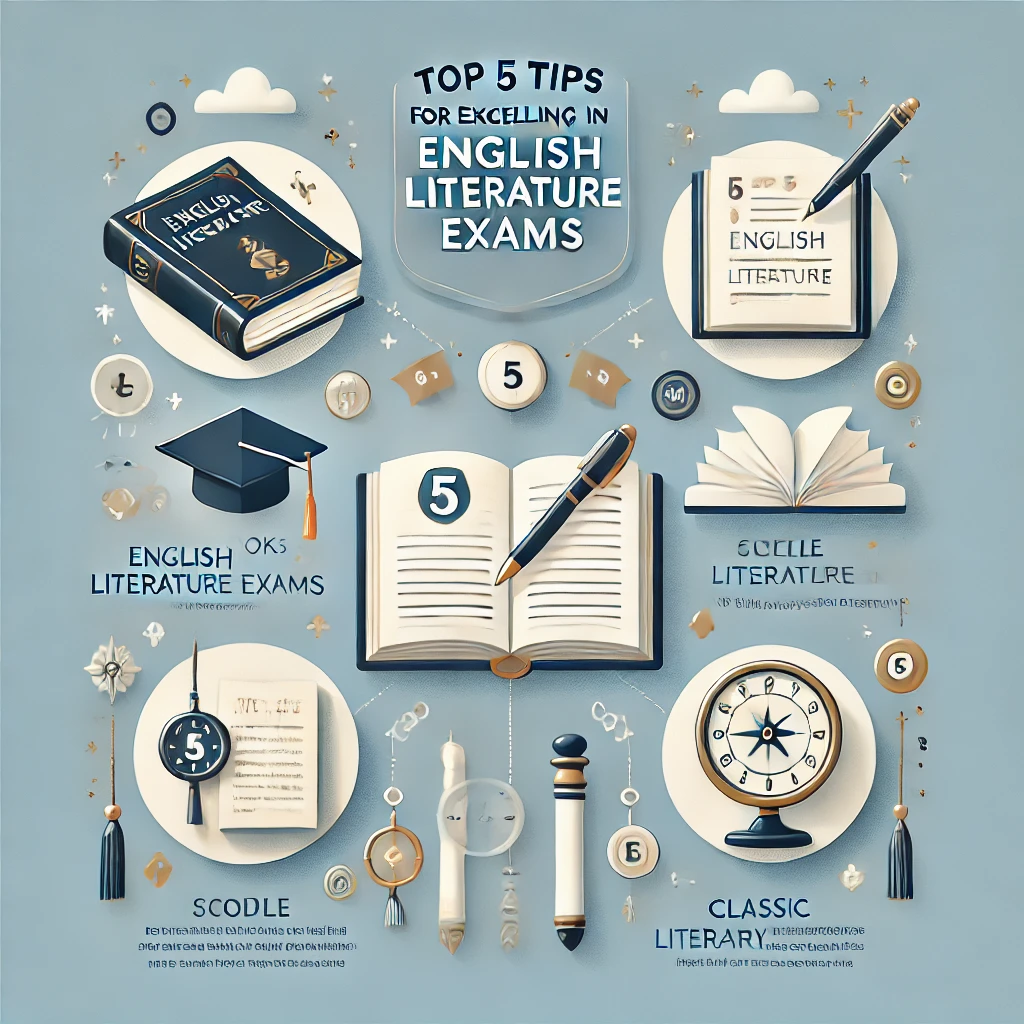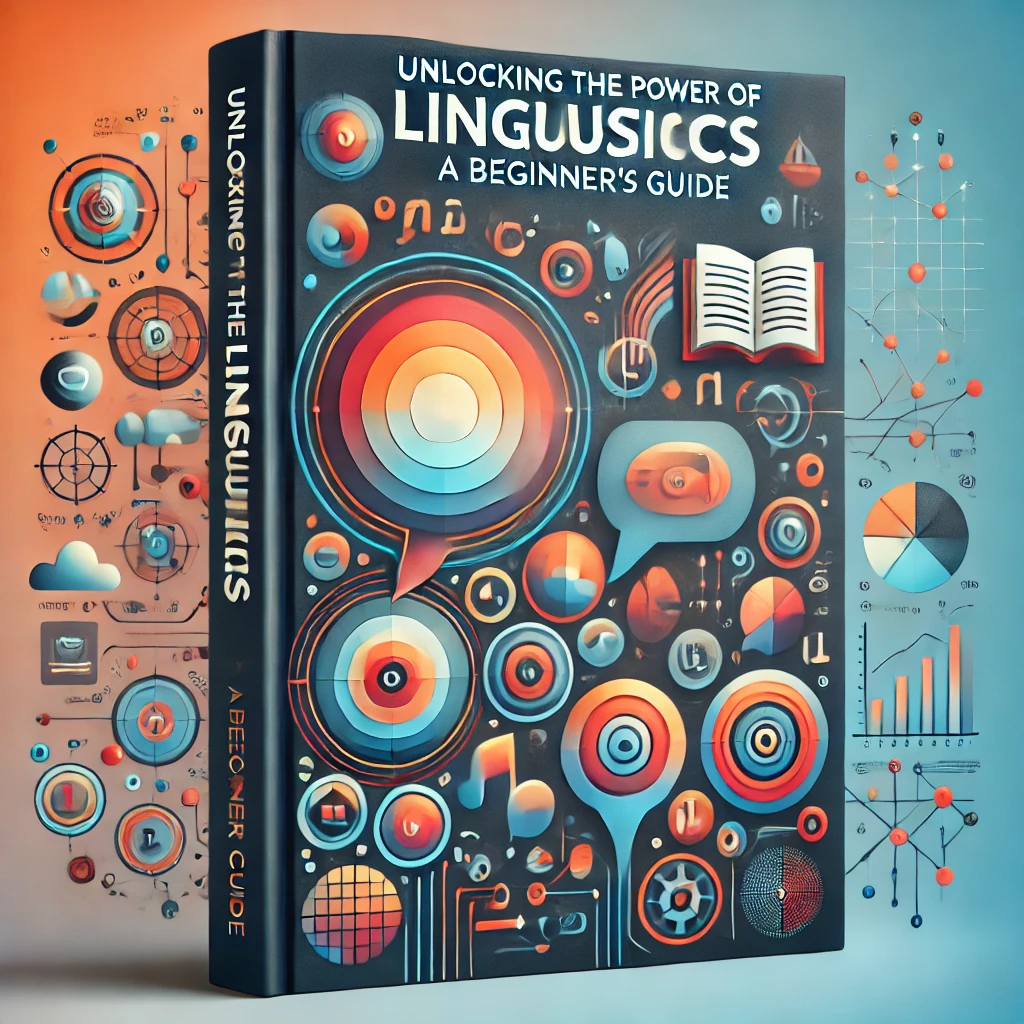In today’s interconnected world, literature serves as more than just a creative outlet; it acts as a window into diverse cultures, historical contexts, and human experiences. Cultural studies in literature help students explore the social, political, and economic dimensions that shape texts and their interpretations. But why does this field matter so much for today’s learners?
Understanding Literature Beyond Words
Cultural studies encourage students to look beyond the surface of a story or poem. By considering the context in which a text was written, students uncover the underlying messages and values embedded within. For example, analyzing 19th-century literature might reveal insights about gender roles, colonialism, or industrialization, all of which shaped societies of that era.
Fostering Empathy and Global Awareness
Through cultural studies, students engage with narratives from different communities and perspectives. This exposure fosters empathy and helps them develop a more nuanced understanding of global diversity. Whether exploring African folklore or postmodern European fiction, literature allows learners to see the world through others’ eyes.
Empowering Critical Thinking
Cultural studies in literature challenge students to question and analyze the dominant ideologies present in texts. This critical engagement empowers them to deconstruct stereotypes and biases, both within literature and in the real world. It’s a skillset that’s crucial for navigating modern issues like globalization and social justice.
Preparing for a Multicultural Future
In workplaces and communities that are increasingly diverse, understanding cultural contexts is invaluable. By studying literature through a cultural lens, students gain insights into how narratives shape identities and influence societal norms. This awareness can help them connect with others in meaningful ways.
Conclusion
Cultural studies in literature are not just an academic exercise; they’re a vital tool for today’s students. By unlocking the deeper layers of meaning in texts, learners develop critical thinking, empathy, and a broader worldview. As they step into a globalized future, these skills are essential for creating a more inclusive and understanding society.



